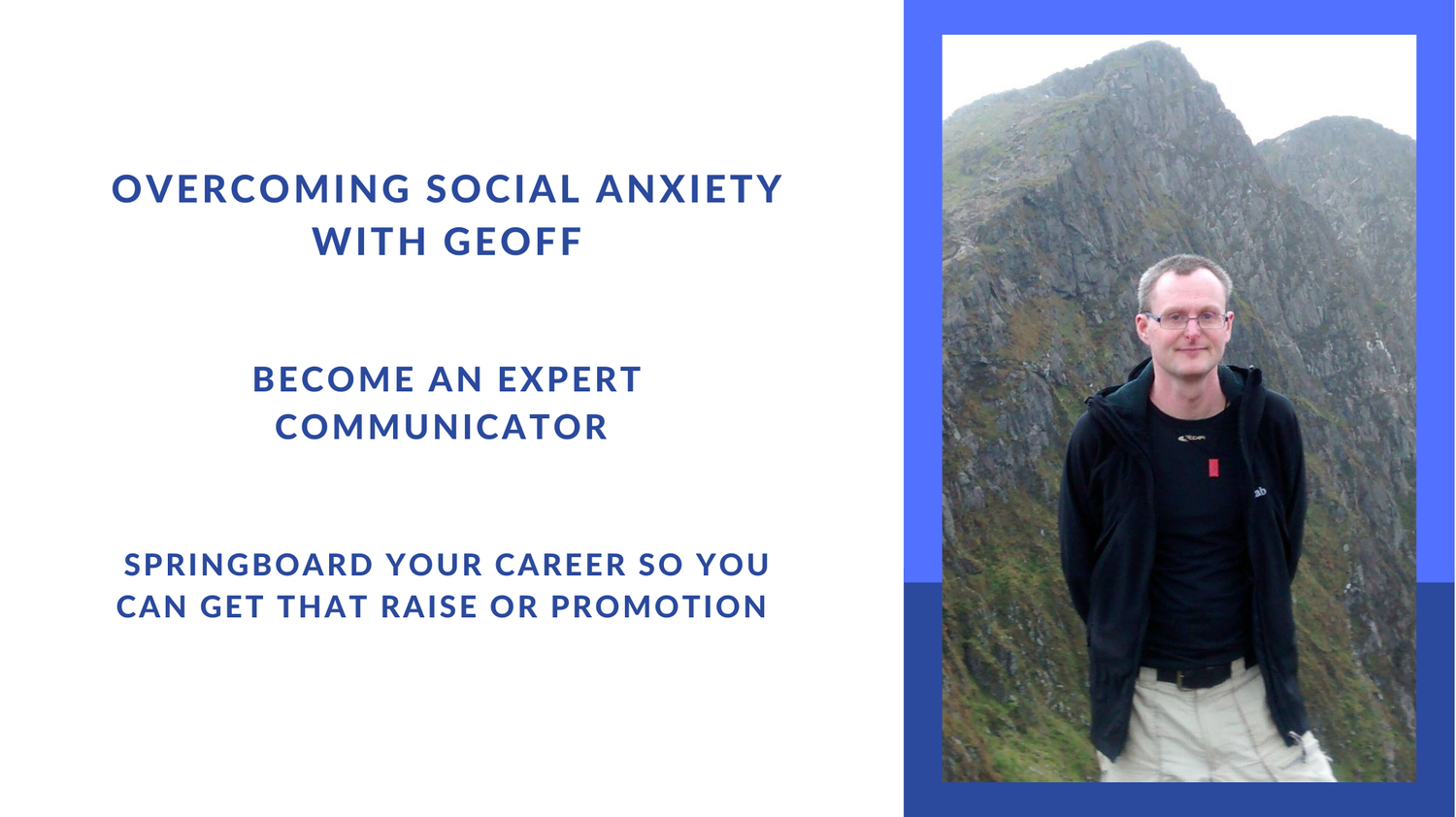Understanding Pain
Pain is a universal human experience. It can be acute or chronic, sharp or dull, but one thing's for sure – it's something we all want relief from. That's where acupuncture comes into the picture.
Acupuncture's Roots
Acupuncture is an ancient practice that originated in Traditional Chinese Medicine. It's based on the idea that pain and illness result from imbalances in the body's vital energy, known as "qi." By inserting fine needles into specific points along the body's meridians, acupuncturists aim to restore harmony.
A Holistic Approach
What makes acupuncture unique is its holistic approach. It doesn't just treat the symptoms; it addresses the root causes of pain. By doing so, it offers not only relief but also the potential for long-term healing.
Acupuncture is often used to treat painful conditions and symptoms, including:
chronic (long-term) pain
chronic tension-type headaches
migraines
joint and muscle pain
jaw pain
cancer symptoms such as pain
side effects of cancer treatment such as feeling or being sick from chemotherapy
feeling sick or being sick after surgery
Musculoskeletal Pain
Musculoskeletal pain, including back pain, joint pain, and muscle tension, is a common reason people turn to acupuncture. It's my specialization, and I've witnessed its effectiveness in improving the lives of countless clients.
How It Works
Acupuncture needles stimulate the body's natural healing mechanisms. They promote better blood flow, relax muscle tension, and trigger the release of endorphins – the body's natural painkillers. This multi-faceted approach can be incredibly effective in managing and alleviating pain.
Acupuncture and Chronic Pain
Chronic pain conditions, such as fibromyalgia and migraines, can be particularly challenging to treat. Acupuncture offers a ray of hope by providing relief without the side effects of medication.
Personalized Care
One of the strengths of acupuncture is its personalized approach. Every individual is unique, and acupuncturists tailor treatment plans to address each person's specific needs.
My Journey with Two Styles of Acupuncture
I've combined the best of Traditional Chinese Medicine (TCM) & five element acupuncture) to provide clients with a well-rounded approach to pain relief. A combination of these styles in my practice ensures the best care possible.
Booking a Call with Me
If you're dealing with pain and seeking a natural, holistic approach to relief, I'm here to help. You can book a call with me to discuss your situation and explore how acupuncture may benefit you.
In summary, acupuncture offers a natural path to pain relief. It's not just about managing symptoms; it's about addressing the underlying causes of pain. If you have questions or want to share your experiences with acupuncture, feel free to reach out. 🌿💆♂️

